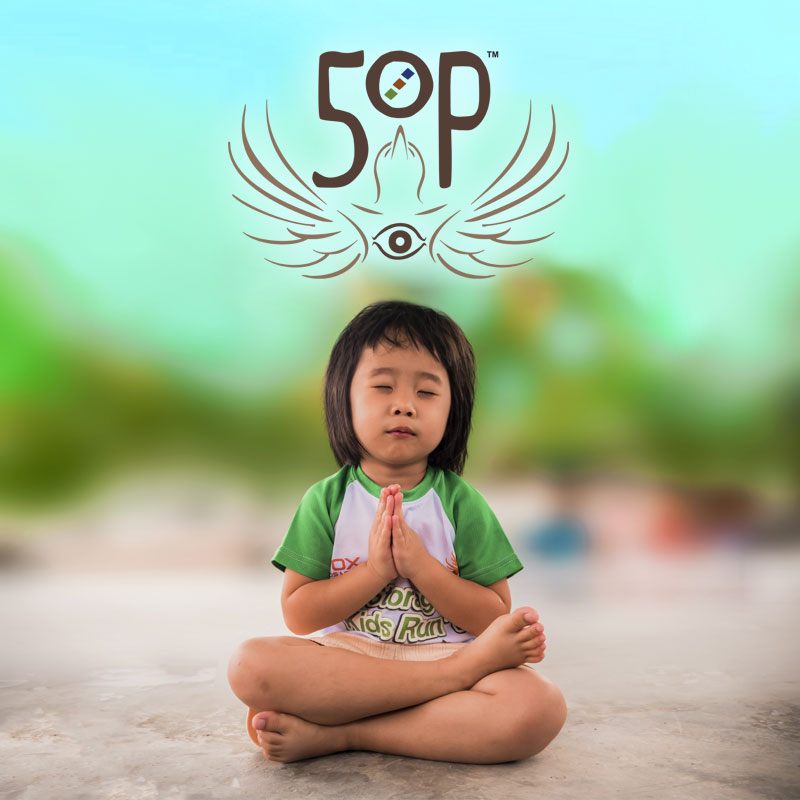
It’s time to explore the last 5 signs that we’re struggling in our quest for oneness.
I’ll say this first… The 15 signs covered in this series are not meant to be all knowing and each is open to interpretation. The purpose of their existence is to provide insight. Please feel free to share your own ideas in the comments.
Here we go then!
5 final hints that we’re not being our own #1 + a bonus:
We’re living in filth
It’s easy to allow the things in our lives to go into disrepair. However, we often fail to realize the toll that such conditions take on our physical and mental health. The disarray we allow ourselves to simmer in ultimately makes our lives harder… Even worse, if we’re already living in such chaos, it’s extraordinarily difficult to see it because our disarray creates a new normal. We can even feel comfortable in it.
This is not to say we should be obsessive about cleanliness and organization… That’s too much pressure. What we should be aware of is that untended dust, food waste, mold, bacterial growth, various infestations, dirty areas around electrical sockets, unclean clothing and bedding, cluttered floor space, and other messes all present hazards to our physical and mental health.
Maintaining a reasonably well organized, clean environment is healthy and ultimately makes our lives much easier than letting things go into (or remain in) disrepair. It’s an imperative component to our wellness.
We’re not listening
The problems with not listening are at least twofold… One: We’re dominating conversations and not allowing others to talk, thereby alienating our audience or at least overwhelming them with self-obsession. Two: By failing to listen to others, we’re limiting our understanding of different perspectives and missing out on the learning opportunities built into our social relationships. Listening is an incredibly important attribute that we all have the ability to put into practice. It strengthens the bonds of our relationships and helps us expand our minds.
We’re avoiding conflict
According to Natalie Pizzolla, Licensed Master Social Worker, “When you remain silent it is interpreted as acceptance, which very well may not be your intention. And keep in mind that the issues you have will only snowball. They won’t go away. You may later begin to feel that you’re living a life of resentment.”1
Avoiding healthy conflict causes tensions and stressors to build up that lead to harmful conflict. Conflict can be addressed in a healthy way by learning how to process our frustration and responding in a level-headed empathetic manner. We need to deal with conflict instead of letting it fester into its own monster.
We’re holding grudges
A spinoff of avoiding conflict, holding grudges is incredibly unhealthy in the sense that it encourages inclinations toward avoidance and casting ill will, resulting in unnecessary and harmful anxieties. It’s important to make peace out of the anger and resentment we hold against others and move on.
We’re succumbing to stress, depression and/or anxiety (we tend to be hateful and angry; we feel mentally numb and physically worn; we’re punishing ourselves through physical harm; we have a preoccupation with death, etc.)
I recently read the quote, “Your trauma is not your fault, but healing is your responsibility.” I don’t recall the source, but props to whoever came up with it.
The quote calls attention to the importance of acknowledging when it’s time to advocate for ourselves and seek support from others with practical experience. We don’t need to stew in our anger, self-judgment, or dark thoughts. The world out there is, and can be so much brighter than the gloom that we project upon it.
It’s equally important to acknowledge that there are many people out there who do not have the same access to support that some of us have. So lend an ear or a helping hand, and be a resource when you can.
I’m shamelessly happy to reveal that I’ve been treated for anxiety and depression for my entire adult life… With blessed results!
BONUS: We’re not leaving space for others to be their own #1
Everything about being our own #1 prepares us for supporting others in being their own #1. If our actions are holding others back from being their own #1, then we’re not living up to owning ourselves.
The final article in the series will uncover several more strategies for achieving oneness.
Thank you for reading!
#humanity #selflove #selfcare
In order to leave comments you will need to register… The link is at the top of the page.
Requiring registration helps KEEP SPAMMERS OUT of the conversation.
Citations:
- 1. Pizzolla, Natalie. “Why You Need to Stop Avoiding Conflict and What to Do Instead.” World of Psychology, 3 Aug. 2017, psychcentral.com/blog/why-you-need-to-stop-avoiding-conflict-and-what-to-do-instead/. Accessed 4 Dec. 2019.
ALL articles in this series:
Be your own #1 (part 1 of 5) – Introduction & Signs that we have work to do
Be your own #1 (part 2 of 5) – 5 more Signs we’re not being our own #1
Be your own #1 (part 3 of 5) – 12 Strategies for taking ownership
Be your own #1 (part 4 of 5) – The last 5 Signs we’re not being our own #1
Be your own #1 (part 5 of 5) – 12 more strategies & conclusion

One thought on “Be your own #1 (part 4 of 5) – The last 5 Signs we’re not being our own #1”